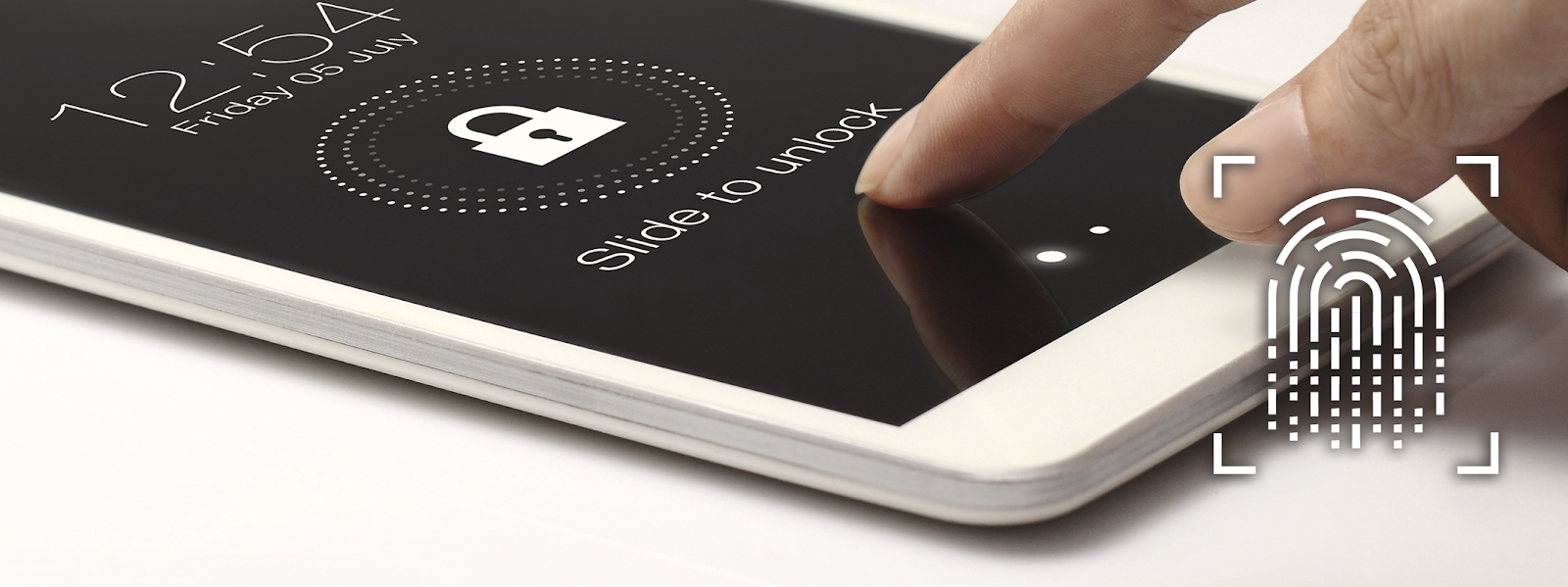European Cyber Security Month - Week 3
In the past couple of weeks of this year's European Cyber Security Month we spoke about basic cyber hygiene and how to get digital skills, now it comes to recognising scams! We got a real-life story of a Strathclyde student for you this week.
Sabrina Sasso, 4th year student at Strathclyde University has been a victim of Smishing and Vishing and decided to share her story with us so that her experience can be a lesson to us all. Vishing and Smishing are the phone call and text-message version of phishing ( if you want to know more about phishing, you can visit our website).
Sabrina Sasso, 4th year student at Strathclyde University has been a victim of Smishing and Vishing and decided to share her story with us so that her experience can be a lesson to us all. Vishing and Smishing are the phone call and text-message version of phishing ( if you want to know more about phishing, you can visit our website).
What actually happened?
Sabrina explained “On a Saturday night (around 2am), I received a text from my bank informing me of a payment attempt in my account. The day after, I received another text saying my bank was going to phone me about what happened. Once they called, they started asking me what happened and then asked for my account’s password and, since this was the first time that’s ever happened to me, I genuinely thought this was the procedure.”
Sabrina then contacted her bank’s customer service because she started having doubts about the legitimacy of that text and phone call, in fact money was taken from her account. Once she got in touch with her bank’s customer service, they told her it wasn’t them who contacted her, neither the text message nor the phone call.
After multiple trips to her local branch and a lot of stress, Sabrina managed to get her money back.
What does this teach us?
What happened to Sabrina teaches us that scammers are more skilled than ever when it comes to taking advantage of people. As Sabrina says “they knew exactly what to say in the right moment which makes you think, ‘oh this is a really good customer service.’ They subtly put you in a position where they are the only one that can solve the 'problem'.”
Whenever you have any doubts about anything related to your bank accounts ALWAYS contact your bank’s customer service. Never give out any information to anyone who seem to be wanting to help you.
Remember that your bank will never ask you your password so if you get asked for it, it’s most likely not your actual bank that you’re talking to.
Most of all, understand that anyone can be a target for scammers; even if you are just a poor student you could still be a target.
We hope this was helpful and thanks again to Sabrina Sasso who shared her experience with us.



Comments
Post a Comment
Hi, thank you for leaving a comment. We will get back to you as soon as we can.